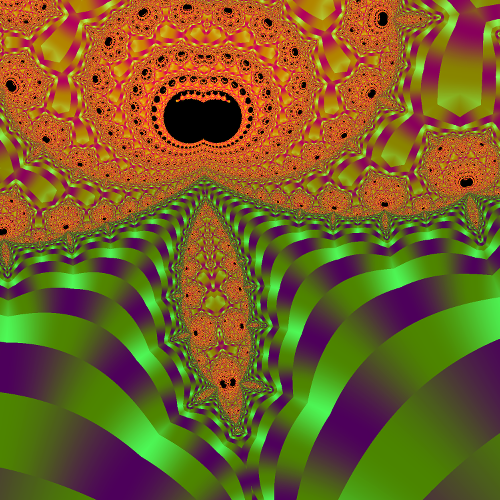結果
| 問題 | No.241 出席番号(1) |
| コンテスト | |
| ユーザー |
 koyumeishi koyumeishi
|
| 提出日時 | 2015-07-10 22:44:24 |
| 言語 | C++11(廃止可能性あり) (gcc 15.2.0 + boost 1.89.0) |
| 結果 |
AC
|
| 実行時間 | 3 ms / 2,000 ms |
| コード長 | 1,782 bytes |
| 記録 | |
| コンパイル時間 | 806 ms |
| コンパイル使用メモリ | 81,700 KB |
| 実行使用メモリ | 5,248 KB |
| 最終ジャッジ日時 | 2024-11-30 21:21:27 |
| 合計ジャッジ時間 | 2,210 ms |
|
ジャッジサーバーID (参考情報) |
judge1 / judge2 |
(要ログイン)
| ファイルパターン | 結果 |
|---|---|
| sample | AC * 3 |
| other | AC * 29 |
ソースコード
#include <iostream>
#include <vector>
#include <cstdio>
#include <sstream>
#include <map>
#include <string>
#include <algorithm>
#include <queue>
#include <cmath>
#include <set>
using namespace std;
struct edge{
int to;
int cap;
int rev;
bool is_rev;
};
int Ford_Fulkerson_dfs(vector<vector<edge> > &G, int pos, int flow, vector<bool> &used, int t){
if(pos == t){
return flow;
}else{
used[pos] = true;
for(int i=0; i<G[pos].size(); i++){
if(!used[G[pos][i].to] && G[pos][i].cap >0){
int myflow = Ford_Fulkerson_dfs(G, G[pos][i].to, min(flow, G[pos][i].cap), used, t);
if(myflow > 0){
G[pos][i].cap -= myflow;
G[ G[pos][i].to ][ G[pos][i].rev ].cap += myflow;
return myflow;
}
}
}
return 0;
}
}
int Ford_Fulkerson(vector<vector<edge> > &G, int s, int t){
const int INF = 100000000;
int flow=0;
for(;;){
vector<bool> used(G.size(), false);
int f = Ford_Fulkerson_dfs(G, s, INF, used, t);
if(f==0) break;
else flow += f;
}
return flow;
}
void add_edge(vector<vector<edge> > &G, int from, int to, int cap){
G[from].push_back( (edge){to, cap, (int)G[to].size(), false} );
G[to].push_back( (edge){from, 0, (int)G[from].size()-1, true} );
}
int main(){
int N;
cin >> N;
vector<int> A(N);
for(int i=0; i<N; i++){
cin >> A[i];
}
vector<vector<edge>> G(2*N+2);
int s = 2*N;
int t = 2*N+1;
for(int i=0; i<N; i++){
add_edge(G, s, i, 1);
add_edge(G, N+i, t, 1);
for(int j=0; j<N; j++){
if(j == A[i]) continue;
add_edge(G, i, N+j, 1);
}
}
int f = Ford_Fulkerson(G, s,t);
if(f != N){
cout << -1 << endl;
return 0;
}
for(int i=0; i<N; i++){
for(int j=0; j<G[i].size(); j++){
if(G[i][j].cap == 0 && G[i][j].is_rev == false){
cout << G[i][j].to-N << endl;
}
}
}
return 0;
}
